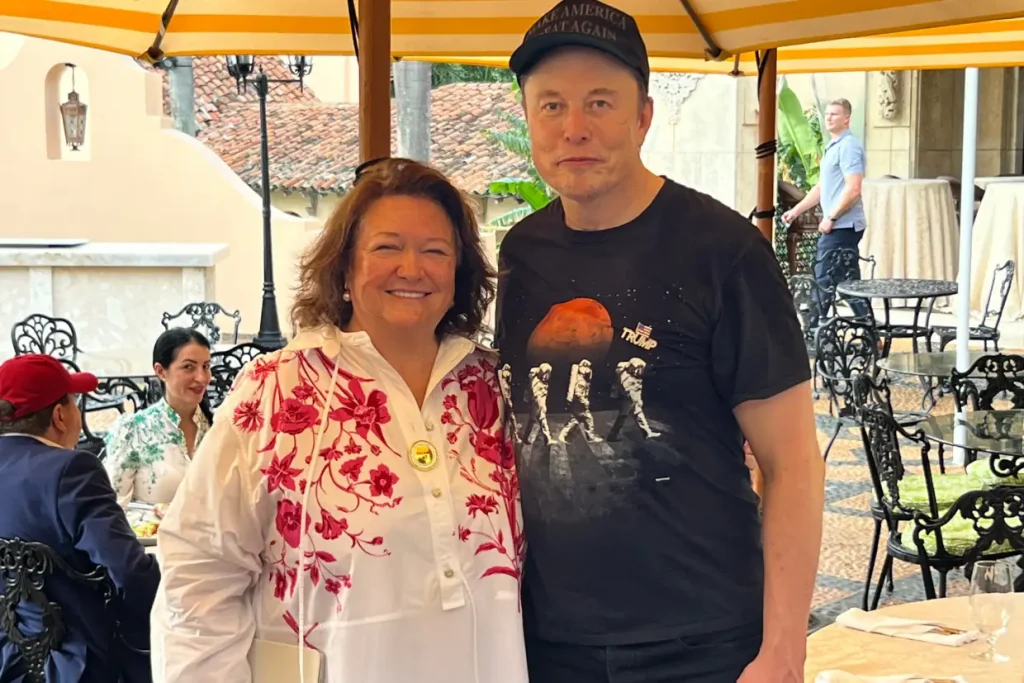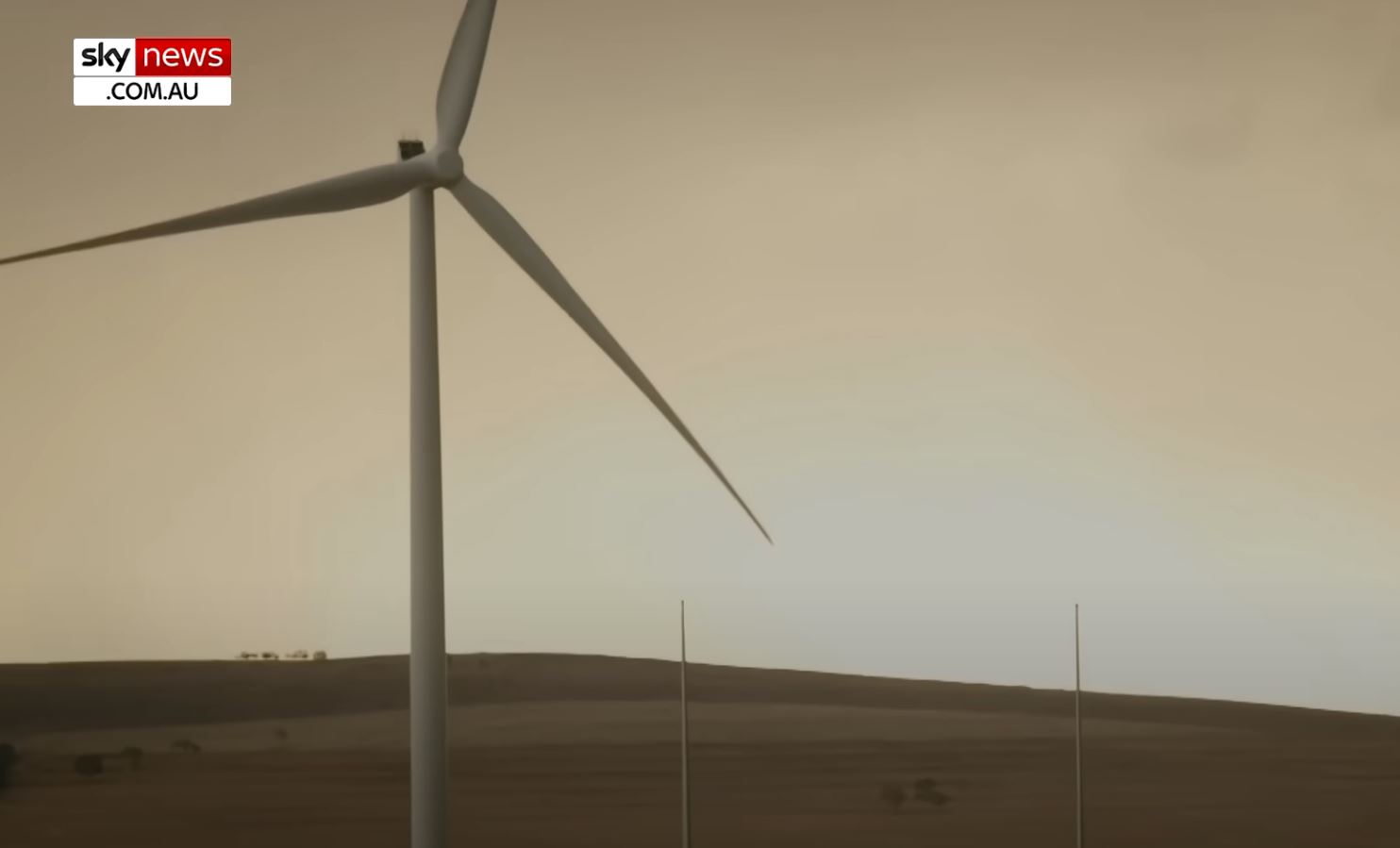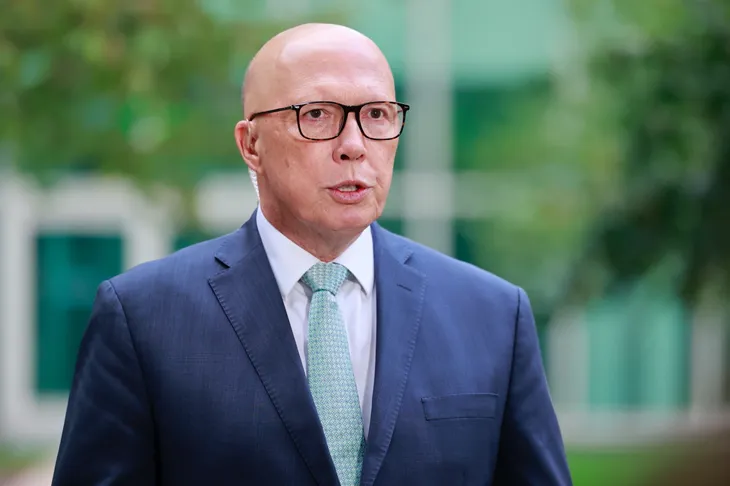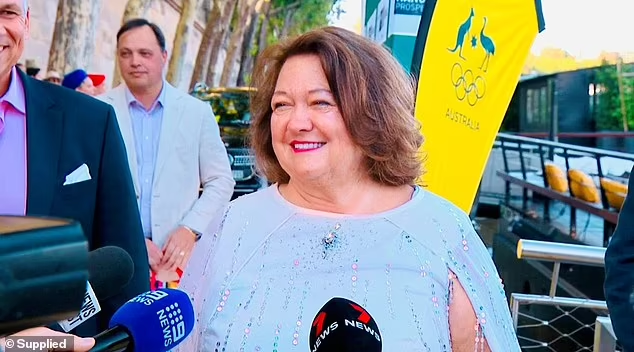
Article by Tom Rabe, Phillip Coorey and James Hall, courtesy of Financial Review
18.03.2025
Mining billionaire and wagyu beef exporter Gina Rinehart said Donald Trump’s sweeping tariff agenda should be a wake-up call to Australia to slash taxes and business costs, but stopped short of criticising the US administration’s threat to include Australian meat in import restrictions.
The Albanese government and affected industries are bracing for a fresh round of Trump administration tariffs on $30 billion of exports to the US including beef and pharmaceuticals by April 2, unless an exemption is secured.

Australia’s richest woman, who attended a US election night event at Trump’s Mar-a-Lago resort in Florida, would likely be affected by any tariff on Australian beef because her Hancock Agriculture exports premium wagyu to the US.
Rinehart did not directly answer questions from The Australian Financial Review about whether she was for or against the US administration’s tariffs, or if she had raised the matter with any of her US associates.
But, in a statement, she said rising trade tensions should prompt the Albanese government to think about cutting taxes and fees on farmers and small businesses, as well as cancel the Paris Agreement that commits Australia to cutting greenhouse gas emissions to zero by 2050.
“If we really wanted to protect all Australians from tariff exposures, we should immediately exit the too costly Paris accord. Tariffs go up, cutting costs is essential,” Rinehart said.
“Out should go payroll tax and licence fees that were meant to go out more than two decades ago, and are currently especially damaging our small and medium businesses, farmers and pastoralists and others in agriculture.”
Beef producer Marc Greening, who runs about 2400 head of cattle from his property south-east of Wagga Wagga and does between 30 per cent and 40 per cent of his business with the US, said American tariffs would hurt the industry.
“It’s really hard for Australian beef producers, we have to compete against countries that are heavily subsidised, so it’s not an even playing field,” he said.
Greening said Australia should lobby the Trump administration with the help of US ranchers and other beef producers, who mixed lean Australian ground beef with their own fatty product to create hamburger patties.
“The American beef cattle rancher that is switched on does not want these tariffs on Australian beef,” he said.
On Tuesday, Prime Minister Anthony Albanese discussed the trade crisis with new counterpart Mark Carney of Canada, which is on the forefront of Trump’s tariff war.
Trade Minister Don Farrell also spoke with his US counterpart on Tuesday, reinforcing the government’s disappointment that Australian-made steel and aluminium were included in Trump’s 25 per cent tariff on metals imports and expressing concern about the review that could result in meat and pharmaceutical sales being hit.
“The US has a great trading relationship with Australia – we don’t impose a single tariff on the US, and they’ve enjoyed a healthy trade surplus in America’s favour for decades,” Farrell said.
Chief executive of beef processor and exporter Australian Country Choice, Antony Lee, said US tariffs were a major concern for cattle producers but could also indirectly lead to opportunities in new international markets.
“A lot of other countries are looking at how they can get more Australian beef off that uncertainty with the US,” he said.
“We need to be able to sell our meat to as many countries throughout the world to mitigate some of these shocks that come our way.”






